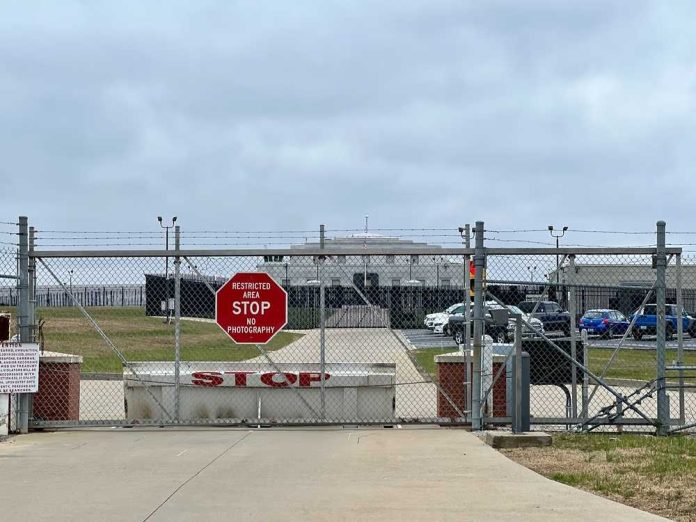
South Korean authorities have arrested two Chinese students for spying on a US aircraft carrier, using drones to capture and transmit sensitive military data to Chinese servers in what marks the first foreign surveillance case targeting American military assets in the country.
Key Takeaways
- Two Chinese nationals, international students in their 30s and 40s, were arrested for illegally filming a US aircraft carrier and South Korean naval base in Busan.
- The suspects captured 172 photos and 22 video files during nine unauthorized drone operations between March 2023 and June 2024.
- Data from Chinese-manufactured drones was potentially transmitted to servers in China and shared on platforms like TikTok, raising serious espionage concerns.
- This represents the first known case of foreign nationals being detained on military surveillance charges in South Korea.
- A third Chinese individual remains under investigation without detention, cooperating with authorities.
Unprecedented Military Espionage on US Assets
In a significant breach of national security, South Korean authorities in Busan have detained two Chinese students for conducting illegal drone surveillance of US and Korean military installations. The suspects, described as international students residing in Busan and aged in their 30s and 40s, systematically filmed the Republic of Korea Fleet Command and the USS Theodore Roosevelt aircraft carrier on multiple occasions, creating what security experts view as a serious intelligence compromise.
“Two Chinese individuals were arrested yesterday for illegally filming a naval base and a US aircraft carrier,” stated an official from the Busan police.
The arrests represent an unprecedented case in South Korean security operations. The suspects have been charged with violating the Protection of Military Bases and Installations Act and injuring South Korea’s military interests. One suspect faces additional charges of “benefiting the enemy by other means” – terminology that underscores the potential national security implications of their activities.
Systematic Collection of Sensitive Military Intelligence
The investigation has revealed a methodical operation spanning over a year. Between March 2023 and June 2024, the suspects conducted nine separate unauthorized drone flights over highly sensitive military installations. Their most recent filming operation occurred on June 25, 2024, coinciding with then-president Yoon Suk Yeol’s visit to the USS Theodore Roosevelt – suggesting a deliberate attempt to capture high-value intelligence during a significant diplomatic event.
“SOUTH KOREA HAS ARRESTED TWO CHINESE NATIONALS FOR USING A DRONE TO ILLEGALLY FILM SENSITIVE MILITARY SITES, INCLUDING A US AIRCRAFT CARRIER IN BUSAN, IN WHAT OFFICIALS SAY IS THE FIRST KNOWN FOREIGN SURVEILLANCE CASE TARGETING US MILITARY ASSETS IN THE COUNTRY,” stated Officials.
The extensive surveillance operation yielded 172 photographs and 22 video files of restricted military installations. What makes this case particularly alarming is that some of this material reportedly appeared on Chinese social media platforms, including TikTok – a platform already under scrutiny in the United States for its connections to the Chinese Communist Party and potential use in intelligence gathering operations.
Chinese Data Collection Concerns
The investigation has raised significant concerns about data transmission to China. The drones used in the operation were manufactured by a Chinese company, with South Korean authorities suspecting that footage and data were automatically transmitted back to servers in China. This technological backdoor represents a sophisticated method of intelligence gathering that bypasses traditional espionage techniques while maintaining plausible deniability.
“A third Chinese individual is also currently being investigated without detention,” noted an official from the Busan police, indicating the operation may have involved a broader network.
This incident comes at a time of heightened concern about Chinese data collection practices. South Korea recently fined Chinese e-commerce giant Temu for illegally transferring Korean users’ personal information to China and other countries. The pattern of data harvesting, from both military and civilian sources, suggests a coordinated effort by Chinese entities to collect intelligence on South Korean and American assets – a worrying trend for both national security and personal privacy in an increasingly interconnected digital landscape.




